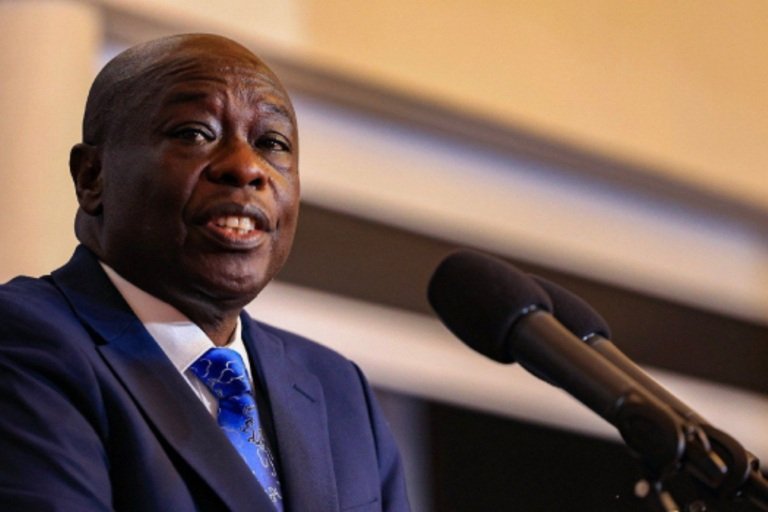Kenya’s parliament has begun the final step towards removing Deputy President Rigathi Gachagua from office.
Last Monday, an overwhelming majority of the National Assembly decided to accept his impeachment, paving the way for the Senate’s two-day trial to decide whether or not to remove him.
The deputy president is facing 11 counts, including corruption, stirring ethnic divides, and undermining the administration, all of which he denies.
The row follows his recent disagreement with President William Ruto, who has kept silent on the subject.
Gachagua’s trial is being held in front of the entire Senate after the Senate abandoned plans to form an 11-member committee to probe the claims.
The proceedings have begun, and the charges will be read out, followed by opening comments from both sides.
Analysts believe the deputy president’s impeachment will be upheld since the ruling party senators are expected to be supported by those from the main opposition, as was the case when the lower house voted on it.
On Wednesday, beginning at 12:00 local time (09:00 GMT), the National Assembly’s evidence against Gachagua, including any witnesses, will be introduced and scrutinised for three hours, followed by two hours of cross-examination.
The trial will resume on Thursday, with Gachagua’s evidence and witnesses being heard until late afternoon.
Senators will debate the motion for nearly two hours before voting, which is set for Thursday night at 20:30 local time.
The Senate can opt to extend the procedure until Friday, which is the last day it can lawfully do so.
The motion to remove Gachagua from office must be approved by two-thirds of the Senate’s 67 members.
If his impeachment is upheld, he will be prevented from serving in public office again. If impeachment passes, he is expected to challenge it in court.
The deputy president has made several unsuccessful attempts to halt the impeachment process, with at least 26 court suits filed thus far.
On Tuesday, a judge determined that the court would not interfere and that the Senate should carry out its constitutional task.
A similar plea was also denied just before the procedure began on Wednesday by a three-judge panel.
Some of the grounds for Gachagua’s impeachment include claims that he obtained assets worth 5.2 billion Kenyan shillings ($40 million; £31 million) in the two years since becoming deputy president, reportedly through corrupt means.
He has explained, especially during his trial in the National Assembly, that the majority of the assets in question came from his late brother’s estate.
The deputy president is a wealthy businessman from central Mount Kenya, which has a large voting population.
In just five years, he ascended from first-time MP to number two in Kenya’s government after Ruto chose him as his running mate in the August 2022 election.
At the time, he was facing corruption charges in court, which were ultimately dropped once he was appointed deputy president.
His impeachment trial has dominated recent conversations among Kenyans and the media.
Some consider the high political drama surrounding the topic a distraction from the economic worries of the majority of Kenyans, who are struggling with high living costs.
In June, dissatisfied Kenyans took to the streets in fatal protests over unpopular tax increases, exposing a significant schism between Ruto and Gachagua. Gachagua is now accused of undermining the work of security agencies following remarks he made at the time condemning the intelligence agency.










